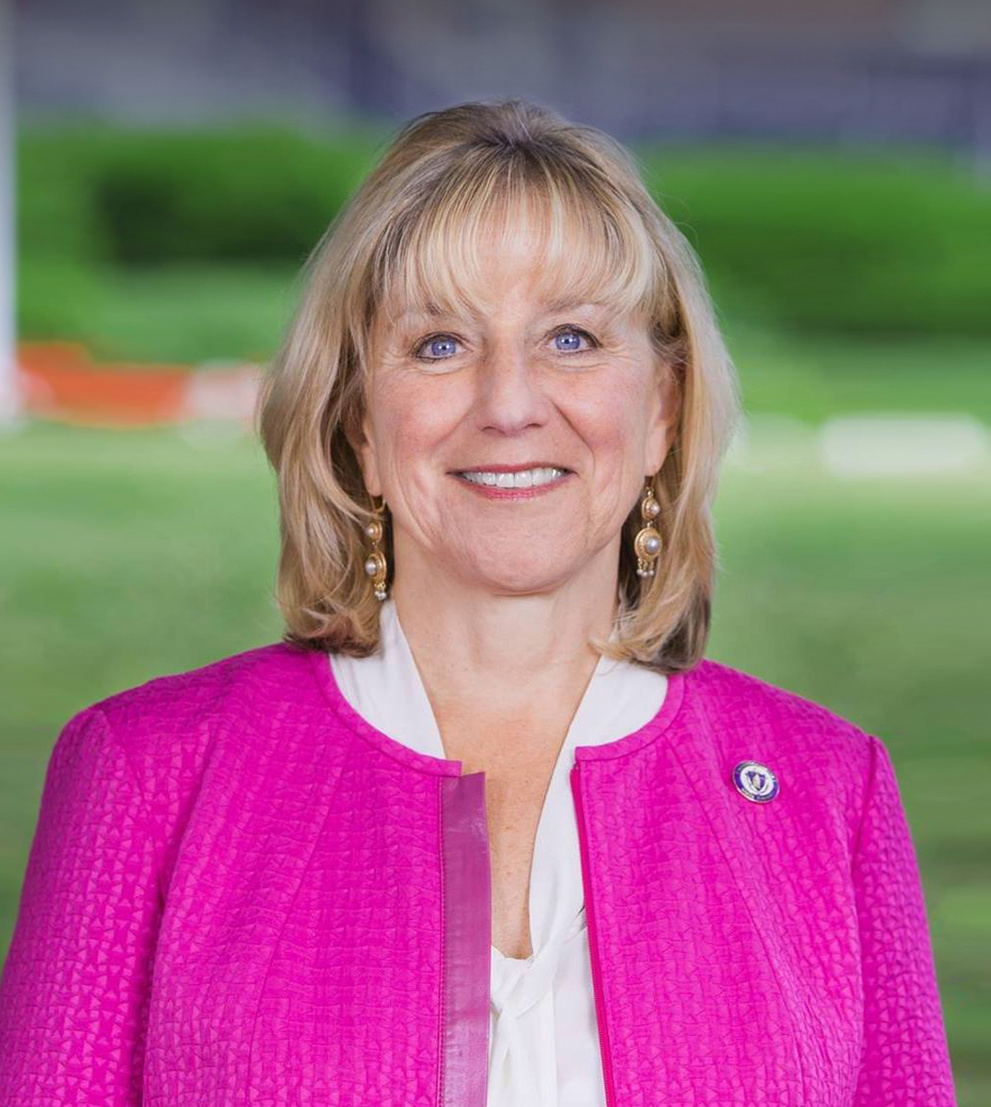The following is a press release from Senate President Karen Spilka’s office submitted to SOURCE media.
***
[broadstreet zone=”51611″]
BOSTON — The Massachusetts State Senate on Thursday passed two bills that update state laws to reflect the phrase ‘persons with disabilities,’ and create a process for homeless adults or minors to apply for a state identification card, respectively.
“The bills passed today by the Senate demonstrate our commitment to improving the lives of everyone in our Commonwealth,” said Senate President Karen E. Spilka (D-Ashland). “I am particularly proud of the work my colleagues have done to advance legislation that acknowledges our fellow citizens with disabilities and creates pathways to success for people and families experiencing homelessness.”
Both bills now advance to the Massachusetts House of Representatives for consideration.

An Act updating terminology and investigative practices related to the protection of persons with disabilities changes the current name of the Disabled Persons Protection Commission to the Commission for the Protection of Persons with Disabilities. The bill also updates language throughout the Commission’s statue to reflect appropriate person-first language by replacing ‘disabled person’ with ‘person with a disability’ each time it appears.
“People are not defined by the disabilities they may have – they are so much more,” said lead sponsor Senator John F. Keenan (D – Quincy). “This legislation recognizes that important truth. It places the proper emphasis on people instead of their disabilities.”
[broadstreet zone=”70107″]
This bill also makes administrative improvements to the Commission, which serves as an independent state agency tasked to protect adults aged 18 to 59 with disabilities from abuse through investigation, oversight, public awareness, and prevention. Among those changes, the legislation enables the Commission to streamline and enhance operations. Additional improvements will also increase protections for persons with disabilities, including improving interagency collaboration for extreme risk cases and codifying an expanded definition of what constitutes abuse.
An Act to provide identification to homeless youth and families breaks down a major socio-economic and administrative barrier for the Commonwealth’s homeless population by directing the Registrar of Motor Vehicles to implement a specific, burden-free, no-cost process for persons experiencing homelessness to acquire state identification cards. The legislation eliminates the fee for obtaining an identification card and empowers the Registrar to accept alternative residency documentation such as by a homeless service provider or other state agency department.

A report by Continuums of Care to the U.S. Department of Housing and Urban Development found that as of January 2019 an estimated 18,471 people were experiencing homelessness in Massachusetts.
Another study in 2019 commissioned by the Executive Office of Health and Human Services identified 3.789 unaccompanied homeless youth across the state in 2018.
“State IDs are essential for everyday life,” said Senate President Emerita Harriette Chandler (D-Worcester). “Without an ID you can’t get a job, open a bank account, or access stable housing. Obtaining a state ID usually means gathering a few documents, waiting in line, and paying a small fee. But for people experiencing homelessness, especially unaccompanied and LGBTQ+ homeless youth, a few documents and a fee are insurmountable barriers. I am happy that the Senate has approved this legislation because implementing a burden-free process to obtain identification cards is the first step in breaking down cycles of poverty. I want to thank the Senate President and Chairman Rodrigues for their leadership in bringing this bill to a vote.”

